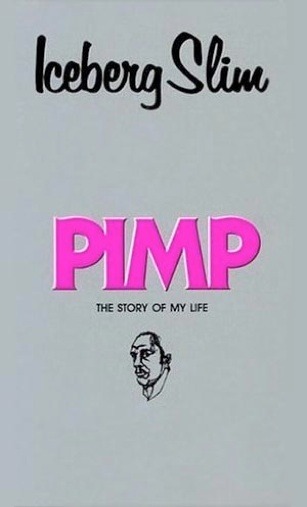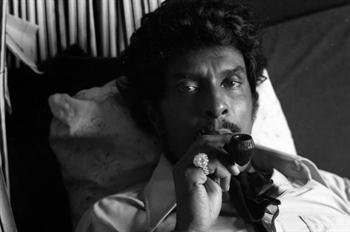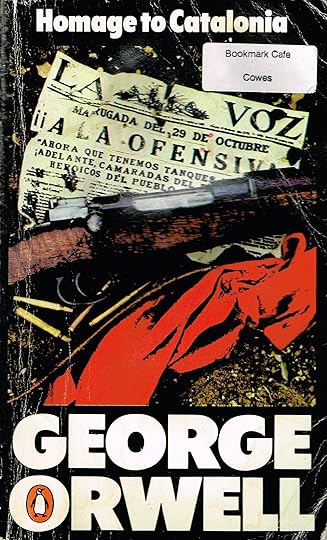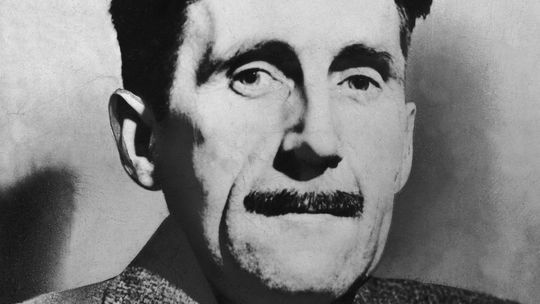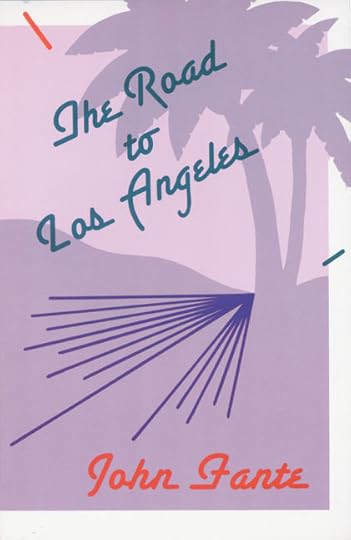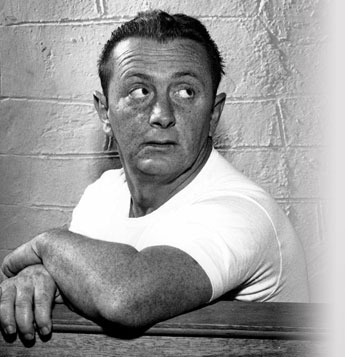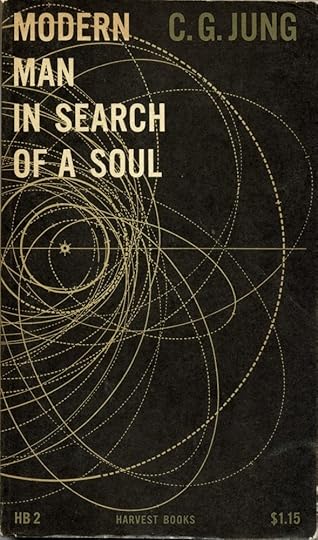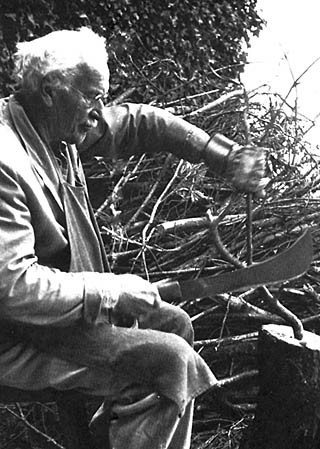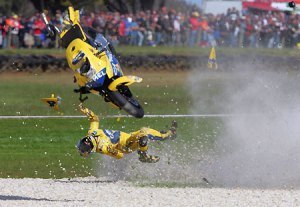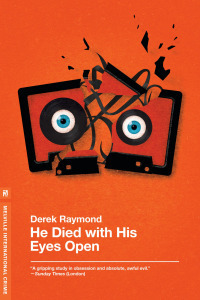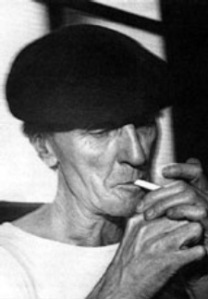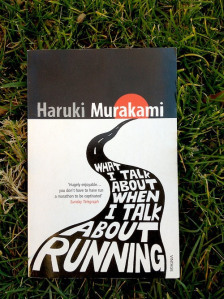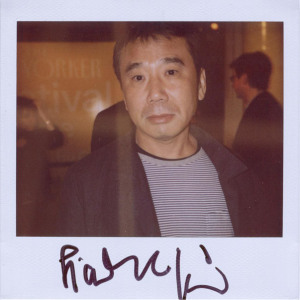Guillermo Galvan's Blog, page 4
February 16, 2013
Pimp by Iceberg Slim
Pimp by Iceberg Slim is a savagely honest autobiographical story by a man who was fully immersed in the cut-throat world of pimping. Iceberg lays bare the disgusting world of prostitution in all its ugliness and allure in his own words. He begins the story of his life in the 1920’s when America was radically different from now. It was a time when the race divisions cut deep into the social flesh of this country. Iceberg grows up fast to the realities of racism, destitution, drug abuse, and crime. By his late teens, Iceberg is out on the streets turning out young girls into prostitutes.
This book is dripping with the sleaziness of the streets. It’s a deeply psychological and graphic account of how the pimping game works behind the scenes. You can feel his mind at work, scheming on how to get the most money, how to break the most hoes, and keep it all together in his head. His words cut the reader’s brain like a switchblade that had been used to chop a line of cocaine. Iceberg doesn’t tell his story asking for forgiveness. It’s not a plea for help. He tells it because he lived it, and it’s a story that should not fall into obscurity. Pimp isn’t just his story; it’s a part of American history that will always be shamefully brushed under the rug.
Pimp is the book on American pimping. This book is perfect for anyone who enjoys biographies, crime literature, noir, minority literature, and radical American history. While this book gets plenty of readerships in select circles, Iceberg slim is a bit of an underground writer. He is an amazing writer who creates fire out of printed words. Still, because of his back ground, style, and subject matter, the literary world has denied him access into its pristine halls. It’s alright, this book, like its writer, is rough enough to survive outside in the cold streets.


February 14, 2013
Homage to Catalonia by George Orwell
In 1936 George Orwell, author of 1984 and Animal Farm, was sent to Spain to report on the Spanish Civil War. Upon arriving there he did the only thing sensible to him at the time, he took up arms with the anarchist militia against the fascist army of Francisco Franco. Orwell took the role of a soldier-reporter in which he wrote a book about his experiences, Homage to Catalonia.
For anyone interested in the dynamics of revolutionary history or Anarchism, this is one book that cannot be missed. Orwell recounts the entire ordeal beginning with joining the militia to narrowly escaping Spain during the political meltdown in a way that would make James Bond cream his tuxedo. Orwell’s recount is told with his signature charm, irony, and wit. It’s not often that we get to read a war book written by literary master who was actually there in the trenches. His first-hand accounts of combat put you right next to him crawling on your belly through mud and barb wire. You feel the panic of the communication lines breaking down in the midst of enemy fire, and the savagely cold nights with hardly a wick light to keep warm. Orwell portrayal of the petty infighting between anti-fascist forces will make the reader cross their head at the absurdity of war.
This isn’t a book that celebrates the glory of the battle field. It is harsh retelling of what it was like to be there in the madness. We get to see the transformation of Orwell starting off as wide-eyed man romanticized by the armed struggle, only to finish off disillusioned by the destruction, propaganda, and deadly ego battles. The relevancy of this book is at a fevered pitch in these modern times, but it’s a scream that is drowned out in the awesome flood of waving flags and avalanching politics.
“If you want a picture of the future,
imagine a boot stamping on a human
face- forever.”


February 13, 2013
The Road to Los Angles by John Fante
The Road to Los Angles by John Fante introduces one of the most bizarre, disturbed, and likeable alter egos in literature, Arturo Bandini. The book takes place in 1930’s Los Angles, primarily the rough neighborhoods around the harbor docks. We are put in the mind of a young man suffering from the world’s worst grandiosity complex. Bandini is convinced he will go down in history as the world’s greatest man. Unfortunately, he’s from a dirt poor family and works a fish cannery. His megalomania is severe to the point where it becomes absolute comedy. He is the ruler of a kingdom of beautiful women, deadly revolutions, exotic lands, and missions of conquest. The real world is an inconvenience.
The psychological depth is superb. Fante knows how to illustrate the grinding gears of a neurotic mind. The settings are absolutely vivid. You can smell the piles of fish guts smearing the page. The characters are fleshed out, but what’s truly interesting is how Fante instills personality into inanimate objects that come to life in Bandini’s warped mind. The constant tension between the magnificent fantasy in Bandini’s head, and the reality of living in a ghetto is done to great effect.
John Fante wrote this in his late twenties. The youthful energy is apparent throughout the whole book. The recklessness of youth drives him to take chances like a cocky bastard, but he has the writing ability to pull it off every time. Fante really captures the essence of the grimy, foggy, streets of Los Angles and the blue collar lifestyle. Charles Bukowski has been quoted saying, “Fante was my god.” Fante is writer that goes straight for the jugular, even when it comes to being a coward. He’s a writer that throws dog shit at the church. The Road to Los Angles is a book that swings hard with crude impact and special brand of finesse. Teenage angst just isn’t done this good anymore.


February 10, 2013
Blubber Island revised edition is finally available
February 6, 2013
Modern Man in search of a soul by Carl Jung
Modern Man in Search of a Soul is a great introduction to Carl Jung’s theories of analytical psychology. The book is broken down into eleven essays dealing with topics of dream analysis, Freudian psychology, spirituality, and religion. Some consider Jung’s ideas radical because they take into account the soul. While many people believe that the soul exists, it’s impossible to prove it either way and thus begin the arguments. Taking this stance introduces an element of metaphysics into treating mental illness. Eighty years later, the school of psychiatry is still hesitant about treading in the dark forest of spirituality. Jung goes deep inside this forbidden territory and brings to light the nature of our darkness.
Much of this book deals with the subterranean part of our mind, the subconscious. The subconscious is a total mystery because it has either been ignored as irrelevant or purposefully avoided for being an ultimate source of our knowable. But it can only be ignored at the price of damaging our soul. This is reflected in the ever growing number of people seeking out psychiatric help, suicides committed, wars waged, and other forms of violence. Until we can bring a balance between the two half of our minds, the dark and light, we’ll suffer the spiritual decay that has become a cornerstone of modernity.
Jung keeps a complicated subject as straightforward as possible. The humility of this book is commendable. It invites conflicting points of views and inspires exploration into the unconscious for the good of humanity. Modern Man in Search of a Soul combines elements of psychology, philosophy, religion, spirituality, and metaphysics. Looking at today’s world, approximately eighty years after this book was written, Jung’s theories take on a prophetic tone which urges us to embrace the shadow part of our mind, for that is where the healing light will be found.


January 27, 2013
Film review of “Faster” a motogp documentary that rips
The MotoGP is where riders compete to on the fastest motorcycles in the world, 500cc that can top out at nearly 200 mph. Faster is a documentary that follows the 2001-2002 seasons across the world. If you’re not a sports racer, don’t discount movie so fast. What makes this film fascinating is the in depth look into the mentality of the people who compete where the stakes are deadly high. Their world is truly of itself.
The film centers on an eccentric group of world class riders (Valentino Rossi, Max Biaggi, Garry McCoy, and John Hopkins). Their rivalries, passions, and philosophies are depicted through interviews and on the track. There’s a good balance between these two aspects. The personalities are hilarious. There is also enough of a psychological factor and drama to give the film depth. All this serves to draw the viewer’s feelings into the race scenes. Everyone will gravitate towards their favorite; the defending champion, bitter rival, upcoming rookie. The on bike cameras give a great first person perspective on the battlefield the track is. There is also plenty of brutal wreckage footage to remind you that this more than a mere sport.
I highly recommend Faster to anyone who enjoys motorcycles, adrenaline sports, and is fascinated at what extremes people can push themselves to. I’m personally not a racing fan of any kind, but I was very impressed. It’s one of those films that changes your perspective. Faster is more than just a movie about going insanely fast in a quest for glory, although, who could complain about that?


January 25, 2013
“Play the piano drunk like a percussion instrument until the fingers begin to bleed a bit” by Charles Bukowski
Play The Piano Drunk Like A Percussion Instrument Until The Fingers Begin To Bleed A Bit by Charles Bukowski is small book of big poems. They’re short and shit directly in your head. All of Bukowski’s works have a quality of being from a generation that lived harder, but also from a man who cared less because he saw the futility in everything. His tombstone reads “Don’t Try.” Yet, the poems in Play The Piano Drunk… take your mind to his world of seedy bars, faithless women, and desolate factories, within six words. It’s a book for anyone who knows what it’s like to waste away a job while being strangled with a crucifix. If you’ve never read a work by Bukowski, or even heard of him, pick up this book, pick up any of his books.


January 24, 2013
Blubber Island is getting a boob job
Blubber Island the novel is currently going through a major revision. It’s gotten some good reviews as is, but some of my more critical readers have done me the favor of pointing out my flaws. I owe a decently written book to anyone taking the time to read it. If you’ve already read it, don’t feel left out. There won’t be any major plot changes and you’ve gotten a higher word count in the older version.
I’m more than halfway done with the revision. Sit tight, boil an egg, and watch the clouds. It’ll be available soon.


January 20, 2013
He Died with his Eyes Open by Derek Raymond is hardcore British Noir
He Died with his Eyes Open by Derek Raymond is a modern noir that holds its own even amongst the classic masters. It’s the opening book to Factory Series. But don’t worry, there isn’t an annoying cliffhanger. The story takes place in cold streets of London where a middle aged man is found with his head bashed in. The protagonist, a police detective, has nothing go on besides a collection of tapes the murdered man left behind. They lead him into the underbelly of jolly old England in which he meets some bizarre characters. There is a highly psychological dimension to this book. We get to hear the dead man speak for himself, almost as if he’s pleading from beyond the grave.
It took me a little while to get used to Raymond’s British style. Every noir I’ve read is by American writers. I had to go on youtube and listen to Raymond do a reading in order to understand his rhythm (which was great). This book is hardcore cut-throat noir with an original plot. Raymond’s portrayal of human nature comes from an understanding that can only be obtained by direct experience. In other words, the man has been places. The way his characters behave just can’t be made up.
I strongly recommend this book to anyone who enjoys gritty crime fiction. Derek Raymond isn’t a huge name; he’s one of those hidden gems waiting to be discovered. I never heard of him until I read this book. It was like walking into a dark room and getting a bat to the face. What a pleasant surprise, indeed.


January 15, 2013
What I Talk About When I Talk About Running by Haruki Murakami
Haruki Murakami’s memoir What I Talk About When I Talk About Running is not a book I can easily categorize. I enjoyed it and found it enlightening to get a personal glimpse into the mind of a modern literary giant. First off, I do admit that my views are bias. I’ve read almost all of his works, and if you haven’t heard of him, I suggest picking up at least Hardboiled Wonderland and The End of the World. But what about this book, though?
It wasn’t as earth shatteringly revealing as I had hoped. His novels investigate humanity and metaphysics on a much deeper level. I sort of expected this from the title and size of the book. There’s only so much truth that can be revealed in a 180 pages. In his memoir, Murakami takes a much more humble and laidback approach. The majority of the book deals with his analogy of being a serious novelist and running marathons. While the writing is very pleasant to read, I don’t know if there’s enough to keep non-runners/writers/ and Murakami fans interested.
I don’t run, but I like to surf, and found his views on reaching higher spiritual levels through physical discipline a very honest analysis. He spends a lot of time writing about accepting getting older but enjoying the quality of life rather than by how many points one gets. I wished there was more on the actual art of writing (something similar to Stephen King’s On Writing), but sadly most of it stayed on the topic of running and its connections to writing, which we’re usually vague. One thing I’ve learned from living in Japan is that Japanese people love to be vague. It is part of the culture to avoid being so direct. It kills me in real life and it sort of annoyed me in this book. Still, when he did directly write about writing, his advice was indispensable.
In the end, despite my bitching, I have to label this a book that was fun to read. It was easy going, the imagery was strong, and you could feel a genuine quality of sincerity. I recommend you give this book a try. Read a sample, it might be for you.



